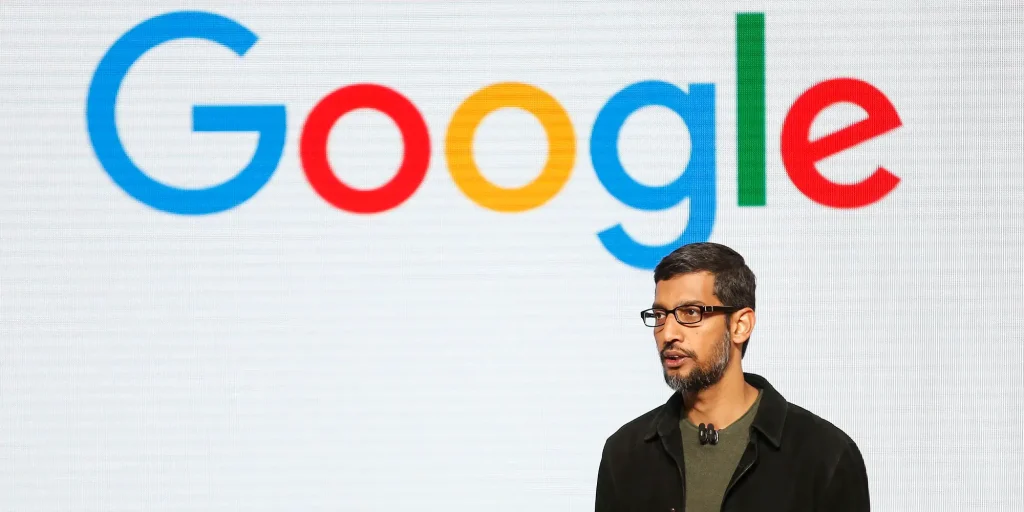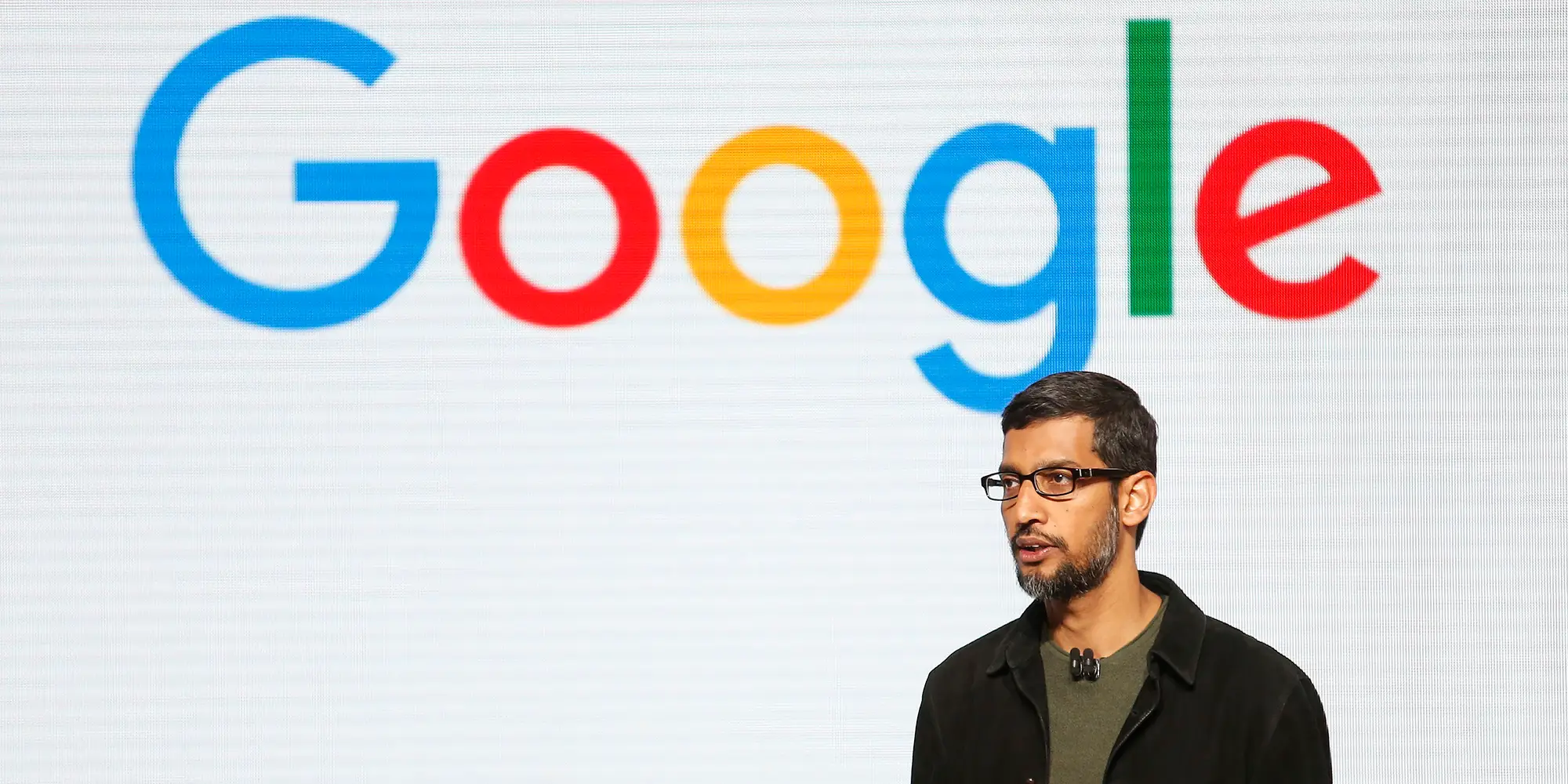In a high-stakes showdown, Google and the US Justice Department clashed in court on Friday over allegations that the tech giant, a unit of Alphabet, engaged in unlawful practices to dominate search advertising. The case, which unfolded during closing arguments, holds significant implications for the future landscape of the internet.
District Judge Amit Mehta, presiding over the proceedings in Washington, scrutinized both parties with probing questions, particularly delving into whether platforms like ByteDance’s TikTok and Meta’s Facebook and Instagram serve as competitive alternatives for advertisers seeking to allocate their search advertising budgets.
Mehta emphasized the pivotal nature of platform substitutability in the realm of advertising, terming it a “central issue” that the court must address. As the trial draws to a close, Mehta is now poised to deliver a landmark decision in the months ahead, determining whether Google’s conduct constitutes a violation of antitrust laws.
One of the key aspects under examination was whether Google bases its pricing adjustments on an assessment of competitors’ pricing. Notably, Google’s advertising arm constitutes a significant portion of its overall revenue, accounting for approximately three-quarters of its total earnings.
The outcome of this case is eagerly anticipated, as it holds the potential to reshape the competitive dynamics of the digital advertising landscape and could have far-reaching implications for the regulation of tech giants in the future.
DEBATE INTENSIFIES IN GOOGLE ANTITRUST CASE
In the courtroom clash between the US government and Google, counsel David Dahlquist made a compelling argument, asserting that advertising revenue is the linchpin of Google’s monopolistic power. He contended that Google operates without genuine market pressure, enabling it to raise prices and neglect product improvement without fear of repercussions. This, he argued, is a hallmark of monopolistic behavior, where a company can worsen its offerings and still reap greater profits.
However, Google’s counsel, John Schmidtlein, pushed back against these claims by highlighting that Google’s share of US digital advertising revenue has been on a steady decline. He emphasized the formidable advertising capabilities of competitors such as TikTok, Facebook, Instagram, and Amazon, suggesting that Google faces significant competition in the digital advertising space.
Schmidtlein further asserted that Google is motivated to innovate and enhance its search advertising products, refuting the notion that monopolists have no incentive to improve their offerings. He questioned the logic behind the assumption that Google, if truly a monopolist, would not strive for product enhancement but instead opt to inflate prices without innovation.
As the courtroom drama unfolds, the arguments presented underscore the complexities of the case and the pivotal role it plays in shaping the future of digital advertising and competition within the tech industry. The outcome of this legal battle will undoubtedly have far-reaching implications for Google and the broader landscape of online advertising.
LEGAL BATTLE AGAINST GOOGLE INTENSIFIES: JUSTICE DEPARTMENT ACCUSES TECH GIANT OF MONOPOLISTIC PRACTICES
Since its inception on September 12, the trial against Google has unfolded as a significant legal showdown. The Justice Department has relentlessly pursued allegations that Google, a colossal search engine, leveraged its dominant market position to unlawfully bolster its profits. Testimonies from witnesses, including representatives from Verizon, Samsung Electronics (the maker of Android), and Google itself, have shed light on the company’s substantial annual payments, totaling $26.3 billion in 2021. These payments were purportedly aimed at securing Google’s search engine as the default option on smartphones and browsers, thereby maintaining its stronghold in the market.
District Judge Mehta, presiding over the trial, was on the brink of addressing the government’s accusation on Friday. The claim suggests that Google deliberately eradicated internal documents relevant to the lawsuit, potentially erasing evidence unfavorable to the company’s position. Google has staunchly defended its data preservation practices, asserting their reasonableness, and has urged the court against imposing sanctions.
Despite the vigorous arguments presented, the court is not expected to deliver an immediate ruling at the culmination of the proceedings. This case, initiated during the tenure of former President Donald Trump’s administration, represents the inaugural effort among five legal actions aimed at curbing the market dominance of “big-tech” companies. The Biden administration’s antitrust enforcers have continued this pursuit, filing additional cases against Meta (Facebook’s parent company), Amazon.com, and Apple Inc., signifying an ongoing commitment to addressing concerns surrounding monopolistic practices in the tech industry.



















